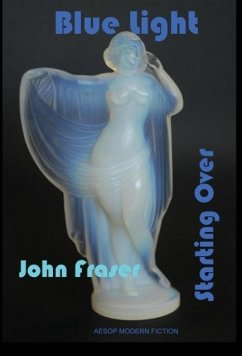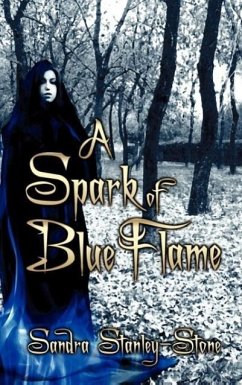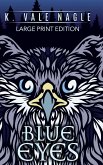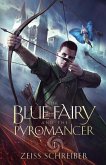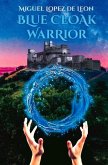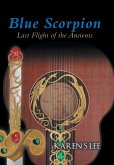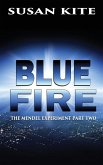Two novellas by John Fraser, Blue Light and Starting Over, conclude a quadrilogy whose previous volumes comprised The Red Tank, Runners and Medusa. We may like to imagine what the end of the world is like - it's not dissimilar to our own end. Blue Light shows what it's like, the running down, the onset of rigor mortis - and the new life sprouting, notwithstanding. Living for ever may not be too bad - but do you really want it? When the world has ended, how attractive is rebirth, or resurrection? Starting Over may mean you have to piece a whole new world together - just using the ruins of the past. The poet John Fuller writes: 'In Fraser's fiction the reader rides as on a switchback or luge of impetuous attention, with effects flashing by at virtuoso speeds. The characters seem to be unwitting agents of chaos, however much wise reflection Fraser bestows upon them; they move with shrugging self-assurance through circumstances as richly detailed and as without reliable compass-points as a Chinese scroll.'
